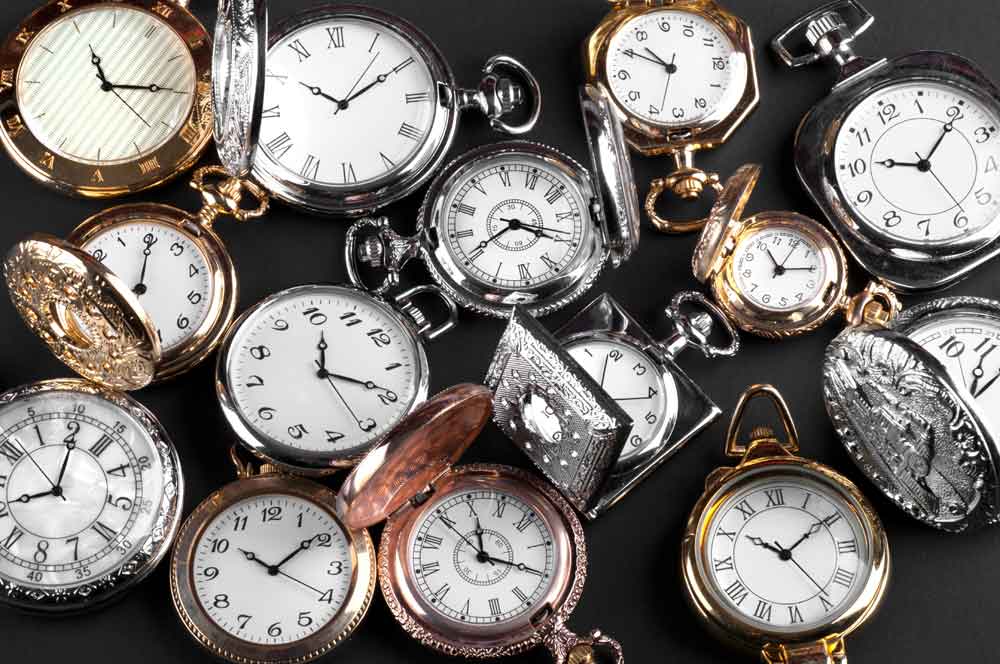Finding Great Deals On Antiques And Collectibles At An Auction
Attending a live auction is a thrilling, fast-moving experience. There is electricity in the room as buyers, sellers, auction staff and the curious engage in the excitement of the event.
For those who love antiques or collectibles, an auction is an incredible way to find must-have items or those missing parts of a collection. You may even stumble upon that surprise item you didn’t know existed. Depending on your area of interest, you may very well discover items you’ve been long looking for, selling at prices that are too good to pass up. Auctions are amazing opportunities to find those hidden gems.
While you’re there, you may also find other like-minded collectors. You will likely see folks who share the same passion, interest, knowledge, and curiosity about the very kinds of items you crave. Of course, this means you may also have some competition, but that competitive spirit and adrenaline rush is part of what makes an auction such a wild roller coaster ride. There are sure to be climbs and falls, giddy anticipation, and the pride of winning when the auctioneer cries “sold!”
Some people are intimidated by the thought of attending an auction. It’s not exactly like you might see in TV or the movies, when the new auction goer scratches her nose and ends up bidding millions on something she can’t afford. Auctions are really more about a community of like-minded people who want to see the collectibles and antiques up for sale, see what the day’s market will bear, and maybe head home with a new prized possession.
Let’s walk through an auction day to give you a sense of how the experience unfolds.
Arrival
If you think you want to attend an auction, it’s best to arrive about an hour before the scheduled start time. Often the items up for auction are available for inspection, which gives you a chance to review the descriptions and compare them to what your eyes are telling you. At most auctions you will need to register, so be sure to bring a valid ID such as a driver’s license.
If you are planning to participate, you will receive a bidder card that is used during the auction. Some auctions have specific rules about how bids work, so be sure to familiarize yourself with these guidelines before the start. If you have questions, the auction staff should be able to help. Other attendees are also usually happy to educate a newbie.
5-10 Minutes Prior
Usually the auctioneer will speak to the audience and read all the terms and conditions for this particular auction. The auction team will be introduced. The auctioneer is the one in charge at all times. They are usually very experienced in the business and know how to manage an auction event confidently.

And So It Begins
The auctioneer will start by announcing the item or lot up for bid. The auctioneer will then call for an opening bid and sometimes will suggest a starting amount. That familiar, rapid patter is used by many auctioneers to compel bidders to make a competing bid.
When the auctioneer determines that no other bids are coming, he or she will declare the auction closed (sometimes with the familiar “going once, going twice, SOLD!”). The auctioneer will move on to the next item.
The pace can seem dizzying at first, but you will quickly get used to the rhythm of the auction and the auctioneer’s style. Some are quite humorous and playful while others are all business.
Bidding Concludes
If you are a successful bidder, you will visit the cashier and pay for your items. Each firm has its own rules on how payment occurs. Some are cash-only; others accept credit and debit cards or wire transfers.
It's Yours
Once payment has been arranged, the property is yours to keep.
Congratulations!
As noted, auctions are fascinating and fun experiences. There are a few things you should keep in mind when diving into the auction world for collectibles and antiques.
- Don’t play your hand. Auctions can be a great place to mingle with other collectors, but remember, at some point this is a competition.
- Know values. As a collector, you know that value is sometimes a very personal thing. Still, it makes sense to do some homework about the items you’re interested in before the auction starts. A mobile phone or tablet can be helpful on auction day, but the pace can be such that getting information on the fly can be a challenge. It’s best to do your homework ahead of time.
- One great resource for your research is the auction company itself. Most company websites provide records of past auctions. Referring to this information can help you understand recent trends and what products other buyers find interesting or collectible.
- Keep it close. There are many different strategies to bidding at an auction, As a general rule though, displaying emotion about a particular item can hurt you in the long run. So too can bidding too early. Get a feel for a few item auctions before you jump in. That said …
- Jump in. Auctions are fun! They’re a way to see what the market will bear, what’s hot, who else loves baseball cards, hat pins, Shaker furniture or comic books as much as you do. Dip your toes in or take a dive.
If you’re already a collector or are interested in getting started, there is no better way to learn more about your passion than attending a live auction. The information you learn and the experience itself is worth it. You’ll be better informed and may just come home with something old that is new to you!
Visit our Upcoming Auctions page to view our schedule of auctions, and sign up for our email announcements to have auction notices sent right to your inbox.
Get Auction Updates
Choose the auctions that you want to be informed about by subscribing to one or more of our email lists. You can change, cancel, or update your subscription at any time.
Contact Us
By submitting this form, you are granting: Sohn & Associates LTD., 4600 O'Hara Drive, Evansville, Indiana, 47711, United States, http://www.sohnandassociates.com permission to email you. You may unsubscribe via the link found at the bottom of every email. (See our Email Privacy Policy for details.) Emails are serviced by Constant Contact.





